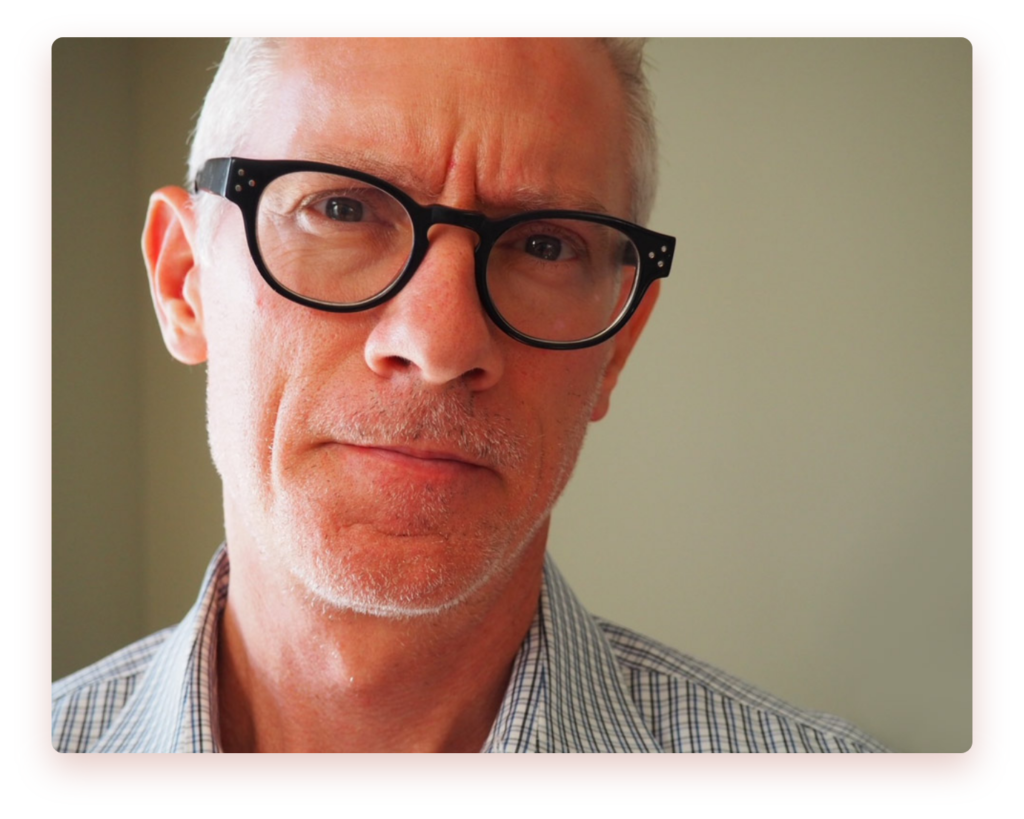More often than not, people who come to therapy are struggling with more than just one specific issue. It’s rare to find someone who says, “I’m just stressed” or “I’m just depressed.” Instead, most of us are navigating a complex mixture of emotions that weigh us down: stress, low-grade depression, moderate anxiety, loneliness, irritability, fatigue, or simply a general sense of being overwhelmed. Life is demanding, and these feelings tend to build up over time, making even daily tasks feel burdensome. If you’ve been thinking about starting therapy but are unsure if it’s the right fit for you, know that you’re not alone in feeling this way—and therapy can offer a powerful path to significant improvements.
Life doesn’t present us with emotions in neatly packaged categories. It’s rare to feel “just anxious” or “only sad.” Instead, many people are struggling with layers of stress: perhaps you’re balancing a busy career, family demands, financial concerns, or an uncertain future. On top of that, there’s often a quiet undercurrent of depression, maybe not severe enough to completely immobilize you, but enough to make life feel heavy and joy seem distant.

Anxiety can feel like a constant hum in the background, creating a sense of dread or unease even when nothing is immediately wrong. At the same time, irritability, loneliness, and exhaustion can creep in, making it difficult to manage even minor conflicts or social interactions. It’s no wonder that so many people reach a point where they just feel stuck.
One of the most important benefits of therapy is the ability to finally stop and take a deeper look at what’s really going on beneath the surface. When you begin therapy, you’re not simply handed a list of things to do or given quick fixes. Instead, therapy creates a safe, non-judgmental space for you to explore the various stressors, emotions, and patterns that are contributing to your current distress.
The process is deeply collaborative. A skilled therapist will help you identify the root causes of your stress and anxiety, as well as the subtle ways depression may be impacting your energy levels, outlook, and even relationships. Together, you’ll explore how these emotional challenges are interconnected and how they affect your day-to-day life.
root causes of your stress and anxiety, as well as the subtle ways depression may be impacting your energy levels, outlook, and even relationships. Together, you’ll explore how these emotional challenges are interconnected and how they affect your day-to-day life.
For example, many people are surprised to learn how chronic stress contributes not only to anxiety but also to physical fatigue and emotional burnout. Others discover that irritability or anger they’ve been feeling is actually a byproduct of unresolved grief or loneliness. With each session, you become more aware of the various elements at play, allowing you to untangle the emotional knots that have been weighing you down.

Once you have greater clarity on what’s contributing to your emotional struggles, therapy helps you move forward by crafting personalized strategies to address these issues. Rather than offering one-size-fits-all advice, therapists work with you to develop tools and techniques that are tailored to your unique situation.
This might involve learning new coping skills for managing stress, such as mindfulness practices, setting healthy boundaries, or improving time management. It could also involve exploring ways to challenge and reframe negative thinking patterns that are fueling your depression or anxiety. For some, therapy focuses on building stronger, more fulfilling relationships by addressing feelings of loneliness or by learning to communicate more effectively with loved ones.
The goal of therapy is not to make life perfect or to eliminate all stress, but to help you become more resilient and capable of handling the challenges that come your way. Through this process, many people find that not only do their feelings of stress and anxiety diminish, but their overall sense of well-being improves. Energy levels increase, irritability decreases, and moments of joy and contentment become more frequent.
One of the common concerns people have when considering therapy is, “How long will this take?” or “What if I become dependent on therapy?” It’s important to know that a good therapist’s job is not to keep you in therapy forever. In fact, the goal of therapy is to work ourselves out of a job.
As you make progress in therapy, you’ll gain a greater sense of self-awareness and emotional regulation that allows you to eventually manage life’s ups and downs without needing the same level of support. Therapy is designed to empower you with the skills, insight, and resilience to navigate life more effectively on your own. In other words, therapists want you to leave therapy when you’re ready, feeling more equipped to handle life’s challenges independently.
And while everyone’s therapeutic journey is different, many people report significant improvements in their mood, energy, and capacity for joy after a period of therapy. Relationships often become stronger and more satisfying, not only because stress and anxiety have decreased, but because therapy helps you connect more deeply with yourself and others. The investment you make in therapy can lead to life-changing improvements that last long after you’ve finished your sessions.

If you’ve been struggling with a mix of stress, anxiety, depression, or other difficult emotions, therapy might be one of the most powerful ways you can find relief and move forward. The process isn’t always easy—it requires time, effort, and vulnerability—but the rewards can be profound. Therapy offers a space for you to unpack your emotions, understand the deeper patterns at play, and develop new, healthier ways of navigating life, particularly if you’ve been relying on alcohol or other substances, escapism into social media or television, or other less-health (even harmful) means of trying to cope day by day or even hour by hour.
If you’re still unsure, consider this: therapy is one of the few places where you can be fully seen, heard, and understood. It’s a space where you can show up exactly as you are, without the pressure to perform or to be “okay.” And sometimes, that in itself can be a powerful first step toward healing.
Whether you’re feeling stuck, overwhelmed, or simply curious about the process, reaching out for therapy can be the beginning of a journey toward greater joy, balance, and emotional freedom. And you don’t have to do it alone—a skilled therapist is here to walk alongside you, offering guidance, insight, and support every step of the way.

Dr. Brian Sullivan is a licensed clinical psychologist with over 30 years of experience. He holds a PsyD Doctorate in Clinical Psychology as well as a Master’s Degree in Clinical Psychology from Florida Institute of Technology (FIT). Dr. Sullivan believes his job is to work himself out of a job by helping people reach a point at which they no longer need his help.

Rachel Kepes is a Licensed Professional Counselor passionate about helping adolescents, their families, and adults struggling with life stressors, relationship difficulties, behavioral and mental health challenges.